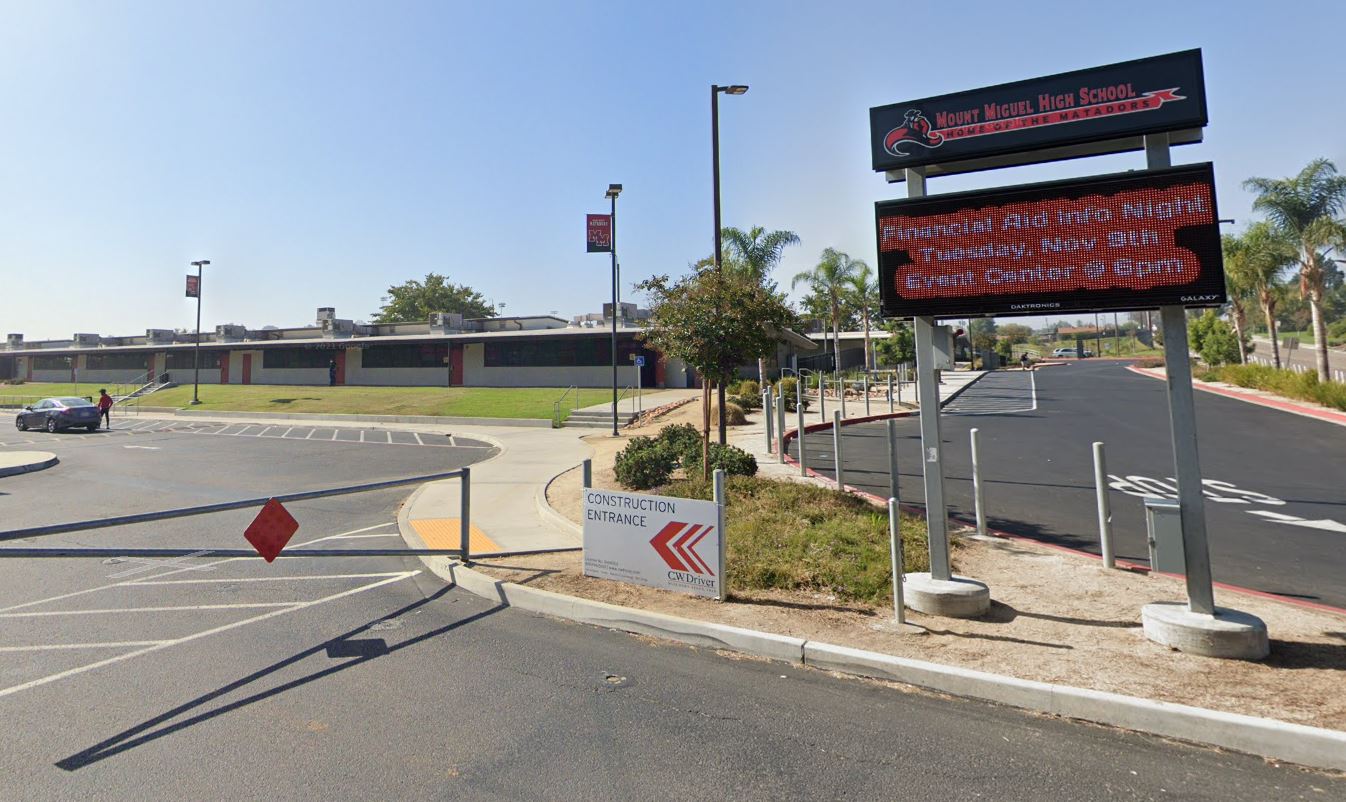In an effort to halt the devastating impact of the opioid crisis, state regulators are now reviewing the prescribing history of doctors whose patients overdosed on powerful and addictive narcotics.
The Medical Board of California says Dr. Frank Gilman negligently prescribed powerful opioids and sedatives to a San Diego woman, failed to heed warning signs of her possible abuse of those controlled substances, and increased her “risk of harm” by his “haphazard prescribing.”
That patient, 66-year-old Diana Barliant, had a history of depression and suicidal thoughts and at least one suicide attempt.
On July 3, 2012, Barliant killed herself by overdosing on prescription opioids and sedatives.
In an accusation filed against Dr. Gilman, the Medical Board cites his allegedly substandard care of Barliant and three other patients as a reason to revoke Dr. Gilman’s license.
But Barliant’s widow strongly disagrees with those allegations and is refusing to help the Medical Board pursue its action against Dr. Gilman.
“This is a witch hunt, and I won’t be part of it,” said Nowell Wisch. “And I will fight [the Medical Board] every step of the way.”

Wisch said Dr. Gilman diligently prescribed different medications, including narcotics, to help his wife cope with the intense, unrelenting pain of thyroid cancer, fibromyalgia, and nerve pain.
Local
“She was just falling apart, and the opioids were the only drug [that helped her],” Wish told NBC 7 Investigates. “This was a highly thought-out process. We discussed every single treatment option. We accounted for every single pill. And no one involved in this process was responsible in any way for her death. Dr. Gilman was responsible for keeping her alive.”
Wisch said he has refused a request from the Medical Board to assist with the investigation, and would not help an investigator obtain his late wife’s medical records.
The Medical Board has a very different, and extremely critical, view of Gilman's treatment.
Its 63-page accusation seeks to revoke Gilman's license, based on his alleged sub-standard care of Diana and three other patients.

According to that document, Gilman prescribed thousands of powerful opioid pills -- including Oxycodone and Oxycontin -- for Diana in the five years he treated her.
The Medical Board accuses Gilman of "haphazard" and "incompetent" prescribing and claims he "failed to respond to warning signs [of Diana's] possible misuse and abuse" of narcotics and sedatives.
The Medical Board alleges that those actions amount to “gross negligence" on Gilman’s part, and contributed to Barliant’s suicide by an overdose of narcotics and sedatives.
Dr. Gilman did not respond to a request for comment from NBC 7 Investigates. But his attorney said, “To my knowledge, Dr. Gilman’s investigation has not been concluded, therefore detailed comments regarding this matter are premature. However, I can share that Dr. Gilman continues to cooperate with the investigation.”
Nowell Wisch isn't the only one questioning the Medical Board's accusation against Gilman and 22 other California doctors, who are all are accused of negligently prescribing powerful and addictive drugs.
Those accusations are the result of a relatively new enforcement effort called the "Death Certificate Project."
Medical Board investigators reviewed more than two thousand autopsy reports from 2012 and 2013 that implicated prescription opioids in a patient's death.
The Medical Board says this new strategy helps it root out negligent prescribers, without waiting for a complaint.
“The systematic approach of this project has given the Board a chance to discover who the over-prescribers are, rather than having to wait for specific complaints to be made,” reads the minutes of a July 2017 meeting of the Board’s Enforcement Committee.
But the California Medical Association, which represents thousands of California physicians, is concerned that the Death Certificate Project has ensnared doctors who were correctly following accepted opiate prescription practices in place when they treated those patients.
“Are there bad prescribers? Yes. Are there so many that these investigations had to blanket so many people? We don't think so," said Dr. Ted Mazer, a San Diego physician and immediate past president of the California Medical Association.
"The issue is, are the [Medical Board] reviewers applying the right guidelines, and are the investigations focusing improperly on certain areas and certain specialties?"
In response to this, a Medical Board spokesman said the Board’s expert reviewers, “...are expected to use the standard of care in effect at the time the incident/care and treatment occurred.” The spokesman also noted that the Medical Board did have opiate prescription guidelines in place as early as 2013.
Mazer said the issues of concern to the Medical Association were first raised in a series of articles in the online medical publication “MedPage Today”.
Those articles and the concerns of some physicians have prompted the Medical Association to request an independent, outside review of the Death Certificate Project.
“We’re not accusing the Medical Board of improper investigations, but we’re hearing enough concern that we think it needs to be looked into,” Mazer said.
In the meantime, Mazer warns that until California doctors are confident that the investigations are fair, some will stop prescribing narcotics and turn away patients who have a legitimate need for those medications.
"The patient who truly needs pain medication may not be able to access it,” Mazer said. “Then they have two choices: They can suffer, which is not what medicine is supposed to have them do. Or they can go to the street” to buy illicit narcotics.



